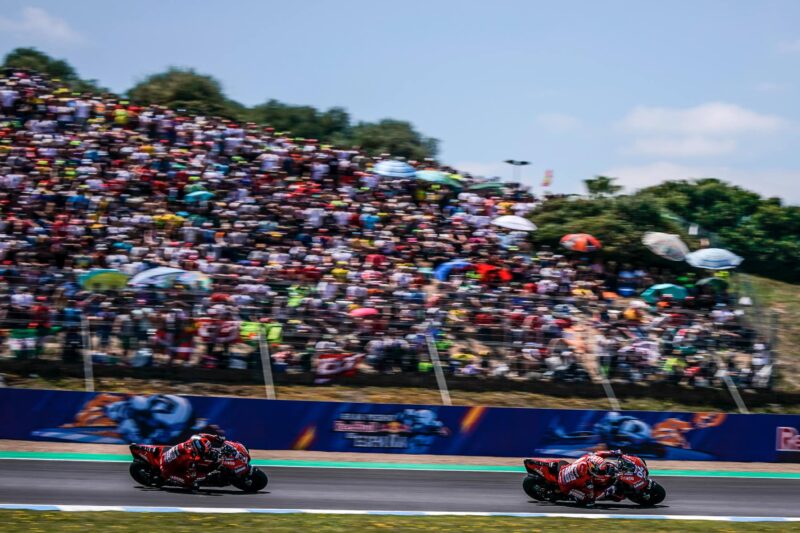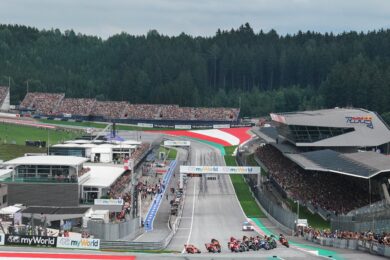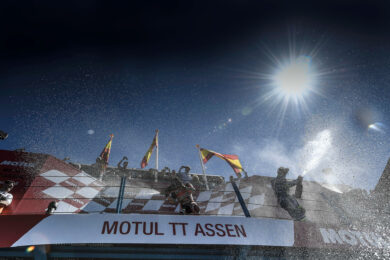“In the Czech Republic we are talking with the government, the South Moravian government and the city of Brno. In Austria this is handled by the promoters, because they are also doing Formula 1, which will have a similar protocol. So we are talking to Spain, Italy, Austria and the Czech Republic, but we still need to talk with Silverstone.”
The logistics of putting these protocols into effect are immense.
“We have some people in the paddock who don’t live in Europe, so we are working on that. They will have to come to Europe at least 14 days before we start with the first race.
“We are working to test the 1300 people working in the paddock four days before they come to the country where we will have the race, then when they arrive at the circuit we will test them again, even if the result of their test from four days before was negative.
“Also, everybody coming into the paddock will have their temperature checked every day. This is the protocol we will submit to each country.
“We will have measures in the paddock to isolate teams, riders and so on from the circuit’s permanent staff and marshals. The riders won’t be in connection with the marshals except in the case of an accident, but even then the riders wear helmet, leathers and gloves, so normally there won’t be physical contact. We will have a big medical team at the track organising this situation.”
Ezpeleta is confident that his plan will take shape, because people want to see some light at the end of the tunnel during this crisis.
“The majority of countries are happy to have races to show that their country is coming back to normality.”




